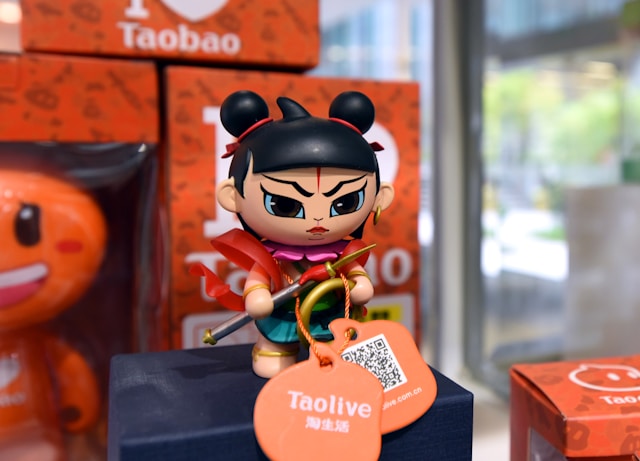Table of Contents
The business model of Amazon and Alibaba
The e-commerce market continues to grow and develop, as more consumers tend to buy goods online. Many large and small companies have accepted the advantages of combining physical stores and Internet-based supplementary stores to meet the needs of most consumers. However, some e-commerce giants, such as Amazon (AMZN) and Alibaba (BABA), have become well-known companies in the market through online business alone. Although Amazon and Alibaba each have unique features that make them pure e-commerce companies, their respective business models are quite different. Amazon is a large retailer of old and new products, while Alibaba acts as an intermediary between buyers and sellers.
Amazon’s business model
Amazon is often touted as the world’s largest online retailer, and its business model involves many aspects. First, the company sells goods directly. A certain percentage of products are provided to buyers through Amazon’s online storefront with a small number of tags, and the inventory is kept in the company’s vast warehouse network. Most consumers visit the company’s site on the assumption that their products are cheap and can be purchased and shipped at any time. In addition to direct sales, Amazon also provides a platform for other retailers to sell products to buyers. Products sold through Amazon’s partner retailers are usually less common items or purchases of higher-priced items, which allows Amazon to avoid holding slow-moving inventory, which dilutes profits. Although Amazon does not charge its retail partners for listing products for sale, the company does retain a portion of the sales price as a commission.

Amazon also maintains a subscription-based business model through its Amazon Prime service and small electronic product line. Under a Prime account, customers need to pay an annual fee to ensure two-day or one-day free delivery of eligible goods and can access streaming media, such as digital music or movies. Amazon also generates revenue through the sale of its e-readers, Kindle, and the purchase of e-books and mobile apps for Kindle owners.
Alibaba’s business model
Just as most American consumers call Amazon an e-commerce giant, China’s e-commerce market is also dominated by Alibaba. Although the company operates through a unique combination of business models, Alibaba’s core business is similar to eBay. Alibaba acts as an intermediary between online buyers and sellers and promotes merchandise sales between the two parties through its extensive website network. Taobao, the largest website, is a free market where both buyers and sellers do not need to pay to complete the transaction. On the contrary, sellers on Taobao pay more on the site’s internal search engine, creating advertising revenue for Alibaba similar to Google’s core business model.
Most sellers using Taobao are smaller merchants, and Alibaba also provides dedicated space for larger retailers. Tmall is an e-commerce website owned and operated by Alibaba that can meet the needs of well-known brands. Although the number of active sellers listed by Tmall on Taobao is only a small part, Alibaba is still able to generate revenue through deposits collected from retailers who use the site, annual usage fees, and sales commissions. In addition to e-commerce sites, Alibaba has also become a competitor of China’s financial system. To address customer concerns about the safety and effectiveness of online transactions, Alibaba created Alipay. As a secure payment system, Alipay will protect the buyer if the seller is unable or refuses to deliver the goods that have been sold. In addition to its PayPal-like platform Alipay, Alibaba also generates revenue from its newly launched microfinance business units, which cater to various borrowers.
Some more differences between Amazon and Alibaba
- Both Amazon and Alibaba are e-commerce giants, and most of them do not have physical stores.
- Amazon dominates the shopping space in the United States, while Alibaba dominates in China.
- Amazon sells products directly, while also acting as an intermediary for other sellers, reducing sales.
- Alibaba charges merchants to make their search rankings higher




